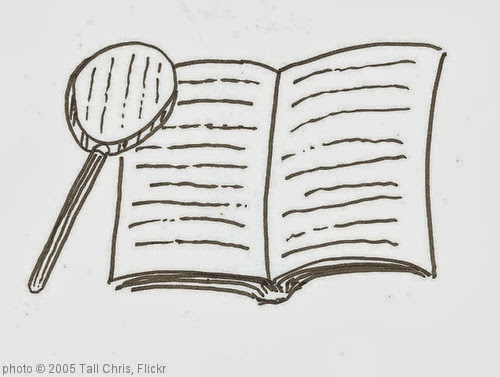I often write about research studies from various fields and how they can be applied to the classroom. I write individual posts about ones that I think are especially significant, and will continue to do so. However, so many studies are published that it’s hard to keep up. So I’ve started writing a “round-up” of some of them each week or every other week as a regular feature.
By the way, you might also be interested in MY BEST POSTS ON NEW RESEARCH STUDIES IN 2021 – PART TWO.
You can see all my “Best” lists related to education research here.
Here are some new useful studies (and related resources):
It doesn’t take long to learn how to spot misinformation online, Stanford study finds is from Stanford. I’m adding it to The Best Tools & Lessons For Teaching Information Literacy – Help Me Find More.
Interleaving Retrieval Practice Promotes Science Learning is a new study.
I have previously posted this on a recent highly publicized pre-K study:
I’ve previously shared several good analyses of a recent well known study that was not very positive of Pre-K school. In defense of pre-K is clearly the best yet, and offers extremely important commentary on education research in general. That’s why I’m adding it to The Best Resources For Understanding How To Interpret Education Research. Now, The NY Times has published another related column: Pre-K Is Powerful if Done Right. Here’s How.
New Research Points to ‘Loudoun County Effect’: When Parents Clash Over Ideology, Kids’ School Performance Suffers is from The 74.
HOW TO ENGAGE IN PSEUDOSCIENCE WITH REAL DATA: A CRITICISM OF JOHN HATTIE’S ARGUMENTS IN VISIBLE LEARNING FROM THE PERSPECTIVE OF A STATISTICIAN is a thought-provoking – and critical – paper. I’m adding it to The Best Articles, Posts & Videos On John Hattie’s Research.
Teacher relationship skills and student learning is a new and useful study. I’m adding it to The Best Resources On The Importance Of Building Positive Relationships With Students.




Recent Comments